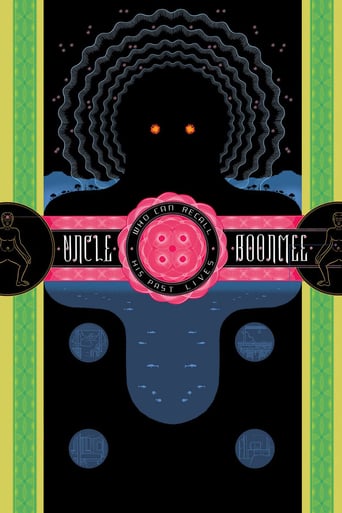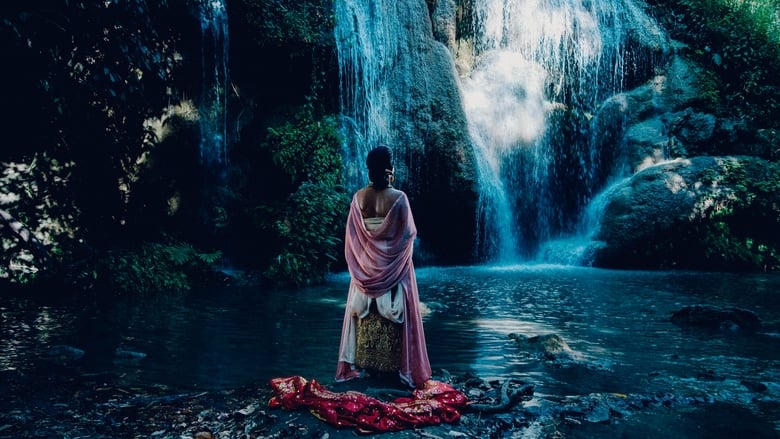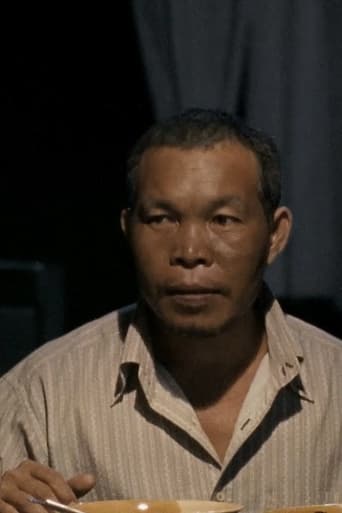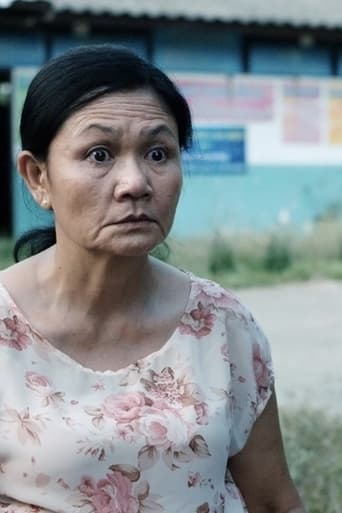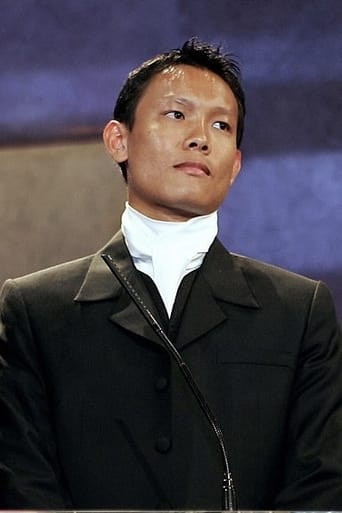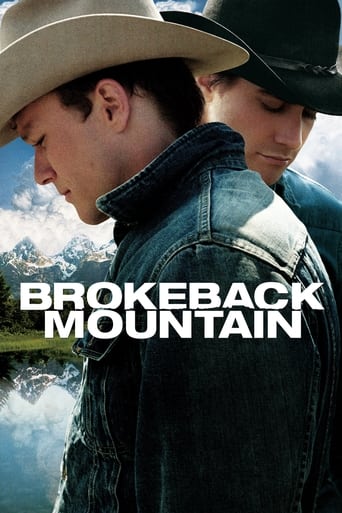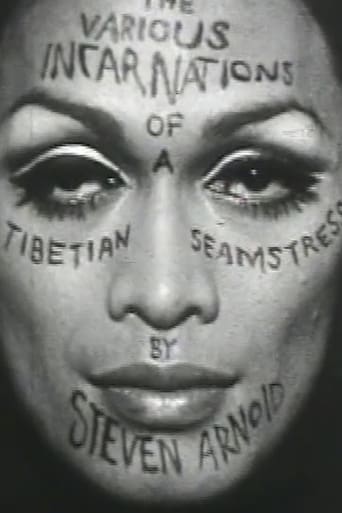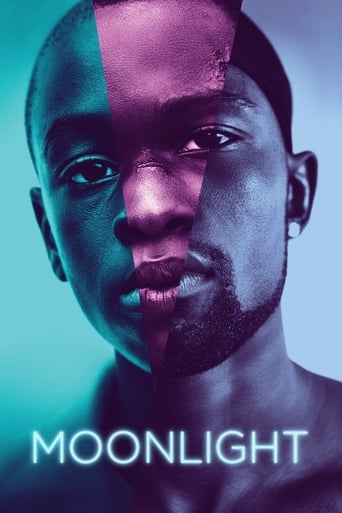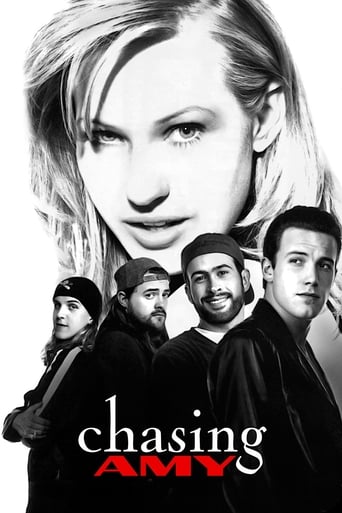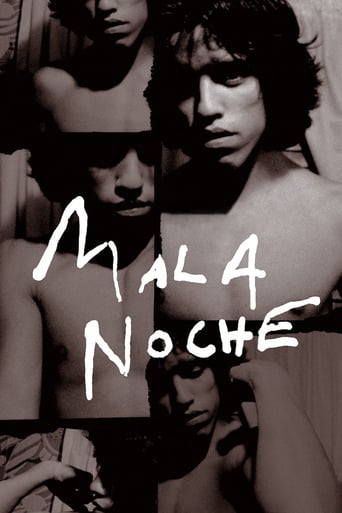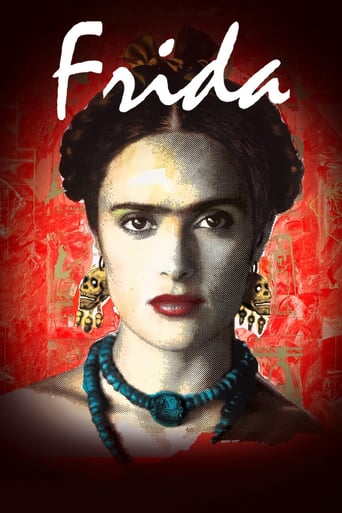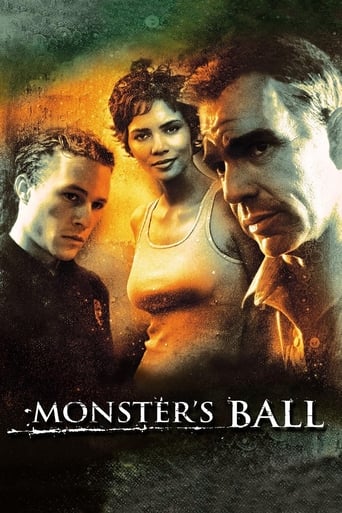Uncle Boonmee Who Can Recall His Past Lives (2010)
Suffering from acute kidney failure, Boonmee has chosen to spend his final days surrounded by his loved ones in the countryside. Surprisingly, the ghost of his deceased wife appears to care for him, and his long lost son returns home in a non-human form. Contemplating the reasons for his illness, Boonmee treks through the jungle with his family to a mysterious hilltop cave—the birthplace of his first life.
Watch Trailer
Cast


Similar titles
Reviews
hyped garbage
A brilliant film that helped define a genre
By the time the dramatic fireworks start popping off, each one feels earned.
The acting is good, and the firecracker script has some excellent ideas.
Which part I like mostly is the narrative toward the transformation from a human live to an omnipresent soul. I consider this film as two parts. The first part is Boonmee's crime in his life, and the second part is Boonmee's dream about his past lives. And I also want to point out one feature in the ending scene. That is the interpretation of soul.And it all begins with some basic questions: Though Boonmee said he was a little afraid of his kidney disease at the beginning, he soon acted naturally when he saw his wife's ghost appearing in front of him, including seeing Jen's furry son. At first I felt odd because they didn't show any fear to these super-natural beings except a very few surprise. Why weren't they scared or terrified? Why was it so acceptable to Boonmee and Jen? Was that because the female ghost and the monkey ghost were their close lovers? Those questions point out that there is one religious perspective formed by these villagers, and that is their worshiping to souls. They believe in the truth that souls actually exist and affect themselves, so they don't feel fearful when they see their invisible lover gradually appearing or a zoomorphic son suddenly coming back.(1) Boonmee's crime in his lifeI think the subjective viewpoint toward life from Boonmee is one soul can be circulated in everywhere so they own their past lives and afterlife. Quite like Buddhism. And Buddhism emphasizes the power of "Karma". That idea may explain why Jen's son warned Boonmee that every soul/spirit came to take him when he passed away. Because Boonmee had killed many communists and pests in the field, the lives killed by him became the ghosts and came to him for revenge. It means Boonmee has to take the fault he had made in his current life.(2) Boonmee's dream about his past livesAnd the another part is Bonnmee had a dream that the sad Princess who came into the water gave herself to the God. In my understanding, she might be one of Boonmee's past lives. This scene precedes Boonmee and his companies go to the wild jungle and the ghastly cave for purpose of searching the place he had lived. It means Boonmee may feel nostalgia and want to build the relationship with his past memories before his life ends.(Feature) The interpretation of soulMost importantly, in the last scene, Jen and her companies look at their another sitting figure with a stunned face. It is true to say that they're looking at themselves who were sitting to watch television in the last moment. It is a perfect interpretation which means the power of the soul is widespread and simultaneous. It's beyond time and space, reaching an unimaginable dimention.To me, this film can be viewed in such a simple way, combining with the local faith and the locals' awe to the deity which they worshiped. Just think twice and make sure it's not so obscure at all.
The effects were good enough. The film is moving along very slowly though. I'm not sure I got the end of the film. Two of them duplicated. Not making sense with the ghosts or anything. The past lives are a bit strange and not all that well marked. Unless his past life was one of the blind fishes in the pond in the cave. It was strange and supernatural but lacked sense.
This film is about all life everywhere right now. All of us. The other reviewers are right about Uncle Boonmee reliving many of the memorable occurrences and changes in his life, as shown by historically-set allegories. But the main thrust of this movie is the end.The director/author/persona/protagonist (Boonmee in the previous scenes), having died, finds his story fades away and is replaced with a clearer, more basic level of reality. He has always been a quiet Thai kid, dutifully training at a monastery. He is calm and focused enough to see outside of his own sphere. But he has this self control only because his mother bought him the freedom to do this, by sending him to the monastery. It is his sensitivity that allows him to see life in terms of stories about himself and others, and his sensitivity is apparent when he talks about his feelings toward the monastery. He also moves and showers mechanically because he is still, at base, afraid of this world.When he gets ready to leave the hotel room, he realizes that he has left a version of himself, a "scene" from his life, in that room. It shocks and dismays him that the thread of life is so flimsy, and his identity is so subjective. The persona, or viewer, is dismayed to realize that the base level reality feels fractured even more than the myths and legends.When he and his mother go out to the restaurant to connect more, they wind up not talking at all. And while they sit in a booth, more disconnected than ever, he hears heartfelt, sentimental, music playing from a computer where a similarly zombie-like man sits, staring blankly.This song is the denouement. It expresses all of the love, life, happiness, and soul that the modern man has tried to seek, quantify, and trap in a bottle (computer), while our species has completely lost the ability to live those themes in reality. The people in the restaurant listen to a beautiful, soulful, human song and it doesn't even inspire them to look at each other.The final shot is back in the hotel room where another version of himself is also disconnected from his family, this time without even anything "fun" going on. The family unit remains exactly as disconnected in this setting as in the other. In the booth, the mother sees her son's discontent with the real, modern world, but has no answers for him. In the hotel room, she doesn't even notice it enough to look at him.This movie is deeply sad and regretful of modern (future) society in all its forms: technology, distraction, the sharp decline of pure human interactions. If you will remember the beginning of the movie, primitives in a field at dusk, the family unit is so close to each other that the camera doesn't even need to focus on them or pick up their conversation. The cow walking away is the most interesting (i.e. distracting) thing that happens in the scene. It takes them a while to notice this, and even when they do they fail to notice spirits walking in the woods.Because they are happy, and just aren't pressured to care.Wild.
When it comes to art films, there's always been a divide. More casual viewers are more likely to dismiss a lot of them as pretentious and stupid, film buffs are more likely to find them beautiful and above anything you'll spend ten to fifteen to watch in a multiplex today. "Uncle Boonmee Who Can Recall His Past Lives" is one of those films, however, that even divides film buffs amongst themselves. Despite winning Palme D'or, the film has many detractors, and a 6.6 on this site(as of this review). 6.6 isn't bad but far below what you would expect given some of the praise. So, what IS this film exactly?The title character is a man who is slowly dying, living out with his family for his remaining days. Those days become consumed by flashbacks to past lives (though it's not always clear what that life is or how it relates), being visited by the ghost of his wife, and trying to plan for his after life. The film has a very loose structure. Many people find the pace unbearably slow, I think in part because the film doesn't really build up to anything. To call this film meditative would not be a hyperbole, it's a mellow kind of movie. After watching it, I felt different, like I had been given the world's greatest massage, my muscles loosened up and everything, it's not like anything I've gotten from a movie before. This is helped by the beautiful scenery and cinematography. This is a movie that, if you can't watch it on a big screen with loud speakers, should at least be watched in a dark room with headphones if watching on a laptop/desktop. There's little in way of soundtrack (except for one beautiful song later in the film), but the sounds of nature are beautifully captured.The actual narrative is composed of many smaller stories, all of which connect with Boonmee. All of them work on their own level, and together do create a low key but very, very touching film. the scene where Boonmee talks to the spirit of his wife about the anxiety he used to have giving speeches may be the highlight there, though the princess story and the final flashback are also up there.This is a film you have to watch on it's terms. You have to be willing to watch it as a more meditative kind of experience, to simply enjoy it the way one might enjoy a hike in the woods of a car ride. If that's not what you want out of a film, avoid this at all costs.For me, personally, I was a little hesitant going in, given how divided opinion was, but I'm glad I did, and will certainly watch again. It's a powerful film. It won't necessarily leave you in tears, but it will likely leave an impression on those who gravitate towards things like this.

